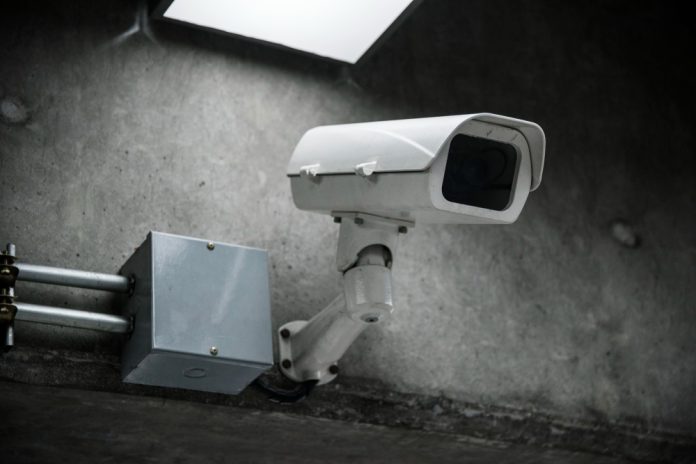In today’s interconnected world, network cameras have become an essential tool for various purposes, from security to surveillance and even content creation. However, with a multitude of options available in the market, choosing the perfect network camera for your specific needs can be quite a challenge. This article aims to guide you through the process of selecting the ideal network camera, ensuring that you make an informed decision that aligns with your requirements.
In the modern landscape of security and surveillance, network cameras have revolutionized the way we monitor and interact with our environments. These cameras, also known as IP cameras, offer the ability to capture and transmit high-quality video and audio over computer networks, making them indispensable for a variety of applications.
Understanding Network Cameras
Network cameras differ from traditional analog cameras in that they connect directly to your network, often via Ethernet or Wi-Fi, allowing for remote access and control. This enables users to view live feeds, receive alerts, and even communicate through the camera from anywhere with an internet connection.
Identifying Your Purpose
The first step in choosing the right network camera is determining its intended use. Are you looking to enhance your home security? Or perhaps you need a camera for monitoring your business premises? The purpose will dictate the features and specifications you should prioritize.
Resolution and Image Quality
Image quality is paramount when it comes to network cameras. High resolution ensures that details are captured clearly. For basic surveillance, a camera with 1080p resolution might suffice, but for more intricate needs such as license plate identification, higher resolutions like 4K might be necessary.
Low-Light Performance
Areas with low light require a network camera with excellent low-light performance. Look for cameras with technologies like infrared (IR) illumination, which enables clear video capture even in complete darkness.
Field of View
Consider the area you want to cover and choose a camera with an appropriate field of view. A wider angle might be suitable for open spaces, while a narrower angle can focus on specific areas with more detail.
Wired vs. Wireless
Decide whether you prefer a wired or wireless connection. Wired cameras generally provide more stable connections, while wireless ones offer more flexibility in terms of placement.
Two-Way Audio
Some network cameras feature two-way audio, allowing you to communicate with people on the camera’s end. This can be useful for interactive monitoring or even deterring intruders.
Power Source Options
Network cameras can be powered through electrical outlets, Power over Ethernet (PoE), or batteries. Choose the option that best fits your setup and power availability.
Remote Access and Control
The ability to access and control your network camera remotely is a crucial aspect. Ensure that the camera comes with user-friendly mobile apps or web interfaces for seamless interaction.
Integration with Other Systems
If you have an existing security or smart home system, consider a network camera that can integrate with it. Compatibility with other devices can enhance overall functionality.
Security Features
Security is paramount, especially if the camera is monitoring sensitive areas. Look for features like encryption, authentication mechanisms, and regular firmware updates to safeguard your data.
Budget Considerations
While it’s tempting to go for the most feature-rich camera, always keep your budget in mind. Fortunately, there are options available at various price points that offer good quality and functionality.
Reading User Reviews
Before making a decision, read user reviews to gain insights into real-world performance and issues. This can provide valuable information that may not be evident from technical specifications alone.
Making Your Decision
Choosing the perfect network camera involves evaluating the factors mentioned above and finding the right balance for your needs. Remember that the best camera is one that aligns with your purpose, offers the required features, and fits your budget.
Conclusion
Network cameras have transformed the way we approach security and surveillance. By understanding your requirements, evaluating features, and considering your budget, you can confidently select the ideal network camera to meet your needs.







